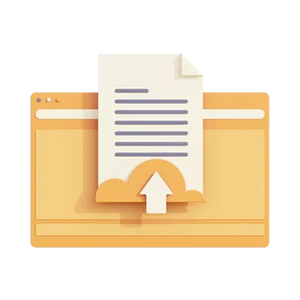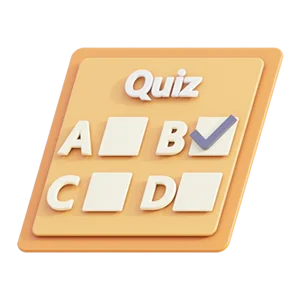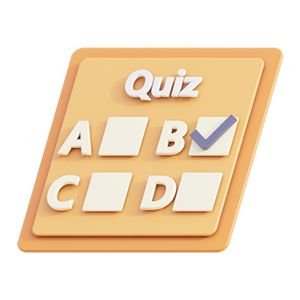Summary of European Literary History: An Introduction Part one: Antiquity
Dear reader,
I hope this cohesive summary will suffice you with knowledge on the antiquity period within Literary History. This summary is written in English and requires a glossary which is also on my profile for free when buying the bundle.
Preview samenvatting (3 van de 9 pagina's)
Voordelen van Knoowy
€ 10,99
 Niet tevreden? Geld terug
Niet tevreden? Geld terug
 Document direct te downloaden
Document direct te downloaden
 € 0,50 korting bij betalen met saldo
€ 0,50 korting bij betalen met saldo
-
 Ontvang gratis oefenvragen bij document
Ontvang gratis oefenvragen bij document

Specificaties
- School: Universiteit Utrecht
- Opleiding: Literatuurwetenschap
- Vaknaam: EUROLIT 1
- Alle documenten voor dit vak ›
Boek
- Naam boek: European Literary History An Introduction
- ISBN: 978-1-138-88672-8
- Hoofdstukken: 1-6
- Auteur: Edited by Maarten De Pourcq & Sophie Levie
Document
- Rubriek: Samenvattingen
- Gemaakt op: 06-04-2021
- Type: .pdf
- Pagina's: 9
- Taal: English
Tags
Verkoper
5 documenten geüpload
9 documenten verkocht
1 diensten aangeboden
Beschikbaar in bundel
Vakken van Literatuurwetenschap - Universiteit Utrecht
Meer Literatuurwetenschap ›eurolit 1 lit-eurolit 1: antiquity and middle ages omstreden verleden
Al meer dan 146.000 tevreden studenten
-
Toike
Knoowy is lekker makkelijk en goed als leidraad te gebruiken om verslagen te schrijven.
-
MaritvdBoogert
Site met goede samenvattingen. Helpt mij erg met mijn studie! Ik zou het zeker aanraden.
-
Humphrey01
Zeker de moeite waard en duidelijk genoeg zonder het boek aan te moeten schaffen.
-
ThijsKA
Knoowy is fijn. Goede samenvattingen en volledig. Ik heb er veel aan.
-
anonymous
Een echte aanrader voor studenten. Knoowy is heel gemakkelijk te gebruiken.
-
Otto1
Knoowy moet je zeker gebruiken want dit gaat je in je voordeel werken met je planning.
-
Yanniek Ledoux
Ik vind het fijn om andere te kunnen helpen en op deze manier iets te verdienen. Handig dat dat allemaal via dit platform kan!
-
StanLoeters
Knoowy is een handige site, waar je gemakkelijk tegoed kan opwaarderen. Daardoor kan je snel een samenvatting downloaden.
 Actie: ontvang 10% korting bij aankoop van 3 of meer items!
Actie: ontvang 10% korting bij aankoop van 3 of meer items!
Actie: ontvang 10% korting bij aankoop van 3 of meer items!








